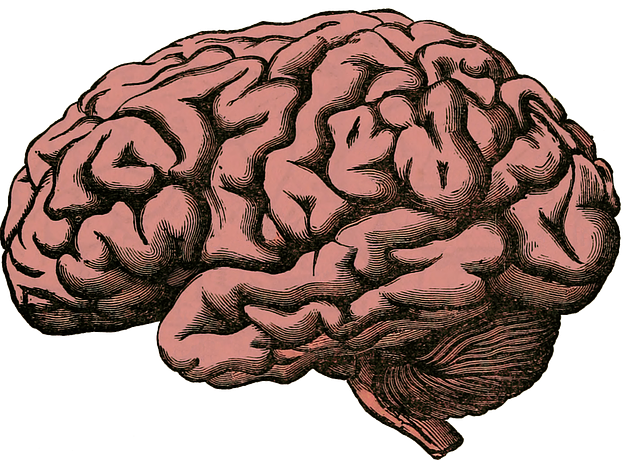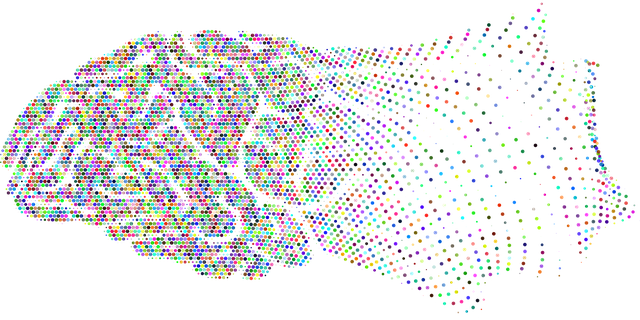Greenwood Village Crisis Counseling Therapy (GVCC) focuses on building resilience through its RFM framework, offering structured exercises in recovery, flexibility, and mastery. Using evidence-based therapeutic methods, GVCC empowers clients with skills to manage crises, stress, and life's uncertainties, fostering mental well-being and community resilience. Their tailored interventions, incorporating diverse learning styles, enhance emotional fortitude and adaptability, providing effective tools for navigating challenges holistically.
Resilience is a crucial asset in navigating life’s challenges. This article explores the powerful combination of RFM (Recovery, Flexibility, and Mastery) and resilience building exercises, offering a comprehensive guide for personal growth. We delve into how Greenwood Village Crisis Counseling Therapy leverages these techniques to enhance well-being. From understanding the RFM framework to designing effective exercises and measuring impact, discover practical strategies for building resilience. Learn from the expertise of professionals like Greenwood Village, empowering you to embrace life’s hurdles with strength and adaptability.
- Understanding RFM: A Framework for Resilience
- The Role of Greenwood Village Crisis Counseling Therapy
- Designing Effective Resilience Building Exercises
- Implementing and Measuring the Impact of RFM Techniques
Understanding RFM: A Framework for Resilience

Resilience is a critical component of mental well-being, enabling individuals to navigate life’s challenges and setbacks with adaptability and fortitude. At Greenwood Village Crisis Counseling Therapy (GVCC), we recognize that building resilience isn’t just about overcoming difficult situations; it’s about fostering an enduring sense of optimism and strength. Our approach incorporates the RFM framework – a structured method for enhancing resilience.
RFM stands for Recovery, Flexibility, and Mastery – three key pillars that guide our resilience-building exercises. Through targeted interventions, individuals learn to manage their moods effectively (Mood Management), gain practical tools for crisis intervention (Crisis Intervention Guidance), and develop strategies to cope with stress (Stress Management Workshops Organization). By empowering clients with these skills, GVCC aims to support them in cultivating inner strength and a sense of control, enabling them to face life’s uncertainties head-on.
The Role of Greenwood Village Crisis Counseling Therapy

Greenwood Village Crisis Counseling Therapy plays a pivotal role in fostering resilience through a range of therapeutic interventions designed to support individuals and communities facing various challenges. This specialized service addresses not just the immediate crisis but also focuses on long-term emotional healing processes, empowering folks with effective self-care practices to navigate future stressors.
By integrating evidence-based techniques and creating safe spaces for expression, Greenwood Village Crisis Counseling Therapy facilitates the development of positive thinking patterns, resilience, and coping strategies. Their trained professionals guide individuals through emotional turmoil, offering tailored support that enhances their ability to bounce back from adversity. This holistic approach recognizes the interconnectedness of mental health and overall well-being, ultimately contributing to a more resilient and resilient community.
Designing Effective Resilience Building Exercises

Designing effective resilience building exercises is an art that can transform lives, especially in the hands of trained professionals like those at Greenwood Village Crisis Counseling Therapy. These exercises are tailored to enhance emotional well-being promotion techniques and foster a sense of confidence boosting among participants. A well-crafted resilience program should incorporate diverse strategies to cater to different learning styles and address various aspects of burnout prevention.
The key lies in creating engaging activities that encourage individuals to confront their challenges head-on while equipping them with practical tools for navigating life’s storms. Whether through group discussions, creative expressions, or physical exercises, each activity must be designed with a specific goal in mind—to help participants develop mental agility and emotional fortitude. By skillfully integrating these techniques, therapists can guide individuals towards building a robust resilience framework that will serve them well in all areas of their lives.
Implementing and Measuring the Impact of RFM Techniques

Implementing RFM (Resilience, Flexibility, and Mastery) techniques in therapeutic settings offers a powerful approach to building resilience among clients. Greenwood Village Crisis Counseling Therapy has recognized the importance of integrating these strategies into their practice, focusing on both individual and group interventions. By incorporating activities that foster adaptability, problem-solving skills, and emotional regulation, therapists can empower clients to navigate life’s challenges more effectively.
The impact of RFM exercises can be meticulously measured using various assessment tools tailored for mental health professionals. A comprehensive Risk Assessment for Mental Health Professionals allows practitioners to gauge clients’ current resilience levels and identify areas requiring improvement. Additionally, Conflict Resolution Techniques and Crisis Intervention Guidance provide frameworks for evaluating the success of these interventions, ensuring that clients develop the necessary tools to manage crises and resolve conflicts constructively. Such measurements enable therapists at Greenwood Village to adapt their approach, delivering highly effective and personalized care.
Resilience is a crucial asset in navigating life’s challenges, and the RFM framework offers a comprehensive approach to building this strength. As demonstrated by Greenwood Village Crisis Counseling Therapy, integrating effective resilience-building exercises into therapy can significantly enhance individuals’ ability to cope with stress and adversity. By designing tailored activities that cater to different needs, professionals can empower clients to foster mental fortitude. Implementing these techniques and measuring their impact ensures a refined and personalized therapeutic journey, ultimately helping folks thrive in the face of life’s uncertainties.














